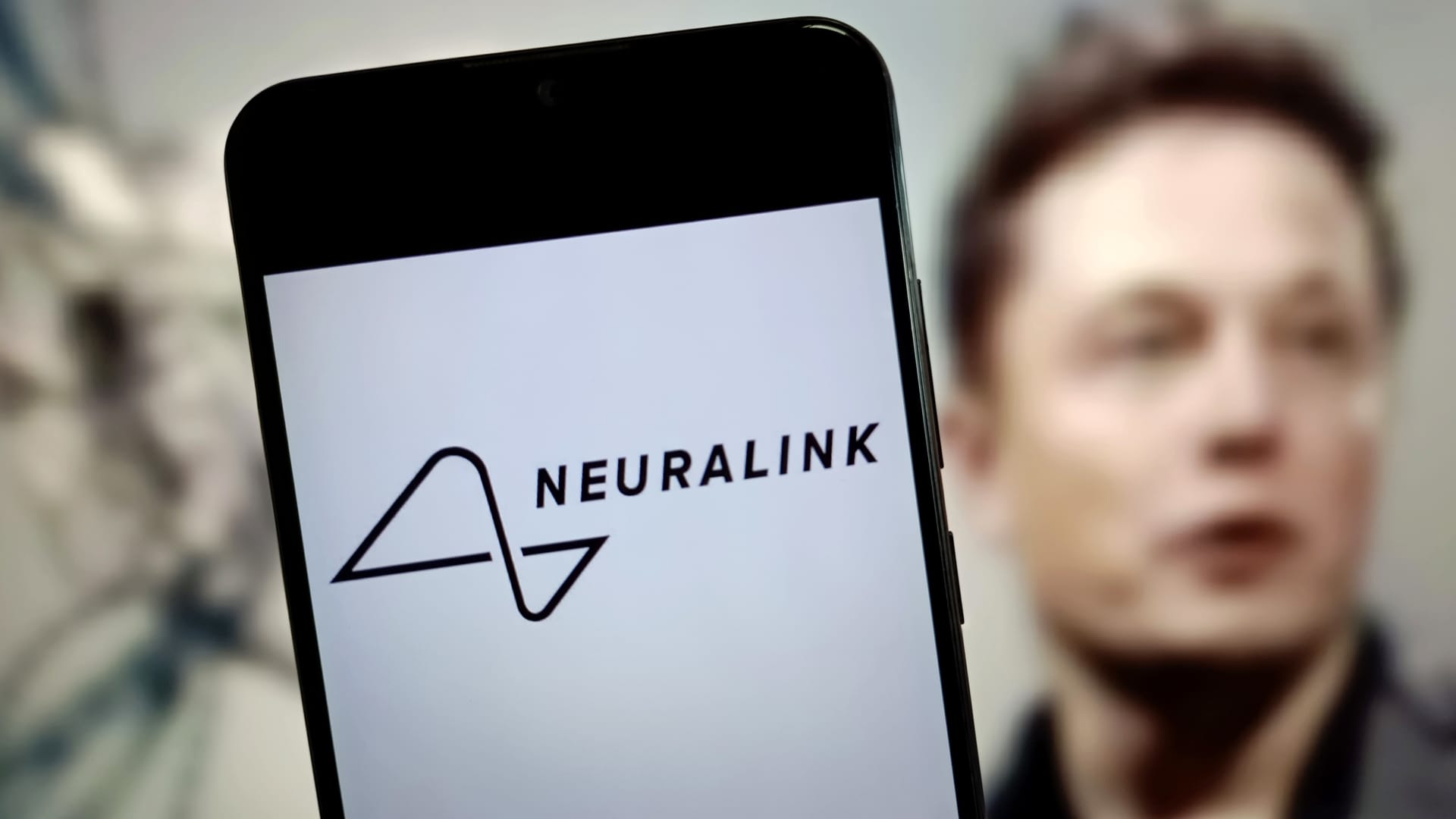Elon Musk‘s neurotech startup Neuralink implanted its device in a human for the first time on Sunday, and the patient is “recovering well,” the billionaire said in a post on X, formerly known as Twitter, on Monday.
The company is developing a brain implant that aims to help patients with severe paralysis control external technologies using only neural signals. Neuralink began recruiting patients for its first in-human clinical trial in the fall after it received approval from the U.S. Food and Drug Administration to conduct the study back in May, according to a blog post.
Musk said Monday that Neuralink’s first product is called Telepathy, according to an X post.
If the technology functions properly, patients with severe degenerative diseases like ALS could someday use the implant to communicate or access social media by moving cursors and typing with their minds.
“Imagine if Stephen Hawking could communicate faster than a speed typist or auctioneer,” Musk wrote. “That is the goal.”
The in-human clinical trial marks just one step on Neuralink’s path toward commercialization. Medical device companies must go through several rounds of intense data safety collection and testing before securing final approval from the FDA.
Neuralink did not disclose how many human patients will participate in its initial in-human trial. The company did not immediately respond to CNBC’s request for comment about the recent procedure.
As part of the emerging brain-computer interface, or BCI, industry, Neuralink is perhaps the best-known company in the space thanks to the high profile of Musk, who is also the CEO of Tesla and SpaceX. A BCI is a system that deciphers brain signals and translates them into commands for external technologies, and several companies like Synchron, Precision Neuroscience, Paradromics and Blackrock Neurotech have also created systems with these capabilities.
Paradromics is aiming to launch its first trial with human patients in the first half of this year. Precision Neuroscience carried out its first in-human clinical study last year. A patient who received Synchron’s BCI used it to post from CEO Tom Oxley’s Twitter account back in 2021.
It is not clear which company will be the first to reach the market.
